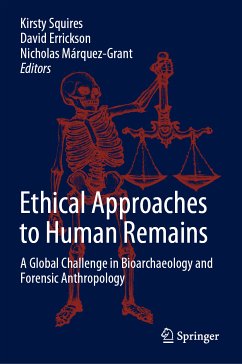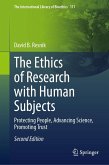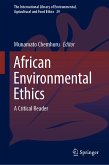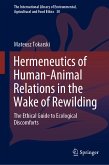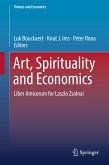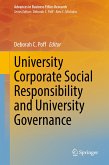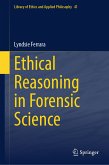Combines international perspectives on the current ethical considerations and challenges facing bioarchaeologists in the recovery, analysis, curation, and display of human remains
The first up-to-date book to focus on the ethics in bioarchaeology and forensic anthropology in the last 12 years
The only book that deals with the current state of play with regard to international ethical considerations
Provides new perspectives on ethical issues and new in-depth case studies from around the world
Dieser Download kann aus rechtlichen Gründen nur mit Rechnungsadresse in A, B, BG, CY, CZ, D, DK, EW, E, FIN, F, GR, HR, H, IRL, I, LT, L, LR, M, NL, PL, P, R, S, SLO, SK ausgeliefert werden.
"The highlight of this book is that each chapter offers a unique perspective on a specific subject about human remains. ... The volume presents a current perspective on ethical challenges faced by specialists and practitioners ... . The various topic raised, and the recommendations provided by the authors are expected to be significant in improving practices. Ultimately, this manuscript serves as a reminder for anthropologists and other practitioners to not neglect their ethical responsibility towards human remains and descendant communities." (Yassmine Ghalem, anthrobookforum.americananthro.org, April 4, 2022)
Es gelten unsere Allgemeinen Geschäftsbedingungen: www.buecher.de/agb
Impressum
www.buecher.de ist ein Internetauftritt der buecher.de internetstores GmbH
Geschäftsführung: Monica Sawhney | Roland Kölbl | Günter Hilger
Sitz der Gesellschaft: Batheyer Straße 115 - 117, 58099 Hagen
Postanschrift: Bürgermeister-Wegele-Str. 12, 86167 Augsburg
Amtsgericht Hagen HRB 13257
Steuernummer: 321/5800/1497
USt-IdNr: DE450055826
Bitte wählen Sie Ihr Anliegen aus.
Rechnungen
Retourenschein anfordern
Bestellstatus
Storno

